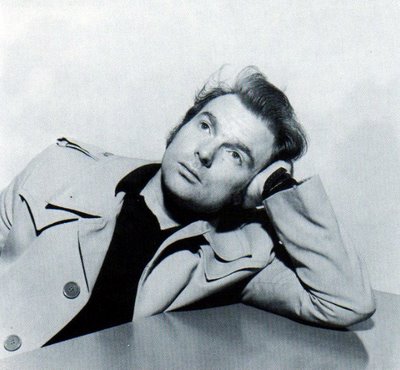Sunday, May 31, 2015
Hide-and-seek
I shade my eyes and look at the morning sky. The sun is playing hide-and-seek with the mischievous clouds. Everything looks the same as back home. Though over there, across the rolling Atlantic, it's now in the throes of evening. I hope her upcoming sunrise will be as enjoyable as mine just was.
I arrive at the station and see my train pulling away in a cloud of dust. It's four hours until the next one departs. And there's not a soul in the station with me. I am alone with my thoughts and my regrets. You don't have to be Irish to know the world is going to break your heart sooner or later.
"Ye Must Be Born Again"
"In Presbyterian homes, no radio or television would be played and window blinds were firmly shut. Even Sunday dinner had to be prepared in advance of the Sabbath. 'Most of us went to the hall in the middle of Hyndford Street, The Brethren,' Gil Irvine recalls. Inscribed in glass above the entrance of the meeting hall were words that would later inspire the title track of Astral Weeks: 'Ye Must Be Born Again.'"
Tuesday, May 19, 2015
"A hanging out situation"
These two quotes you see below were lifted from the No. 20 issue (June, 1999) of Wavelength, the popular Van Morrison fanzine that Simon Gee edited for roughly 15 years. The words were spoken by guitarist Mick Cox, a one-time Van Morrison collaborator. Cox linked up with Morrison in 1967; the latter had just returned to Belfast following the recording of his debut album.
Cox touches upon the creative process for Astral Weeks, including how Morrison was tweaking and tinkering with its songs during the spring and summer months he spent in Belfast—nearly a year and a half before he recorded them in New York City. Check it out:
It was a hanging out situation and doing these gigs to keep the money coming in because the promoters would give you cash at the end of the night and that was it! So he came to Limestone [Road] and I went over to his folks place, and we started to work on stuff. He wanted to find out what I actually knew. I had flown over and straight into a gig—I knew all the changes for "Gloria" and the other material just from listening to it. But he wanted a much more comprehensive approach to music because he had so many more influences than the blues stuff. Then I started to realize exactly what the story was, and how much he is and always has been such an incredible force in music ... Went up to see Van, and he was doing the tracks that were to become Astral Weeks. I stayed up for two or three days and recorded some stuff with him—just fantastic music. And he said that he would like me to join the band and play on the tracks. But I couldn't—they had paid for me to come over—and it was a choice of Hendrix or Van, but what swung it was the fact that the guys had paid for me, and they'd be completely lost—they couldn't find another guitarist.
Thursday, May 14, 2015
"High walls make good neighbors"
"Belfast is finished," wrote Northern Irish poet Leontia Flynn, "and Belfast is under construction." Seeing the word construction, I can't help but think of the city's penchant for erecting "peace lines"—those brick and steel walls that separate Catholic and Protestant neighborhoods. Of the close to 100 in Belfast, an estimated one-third has gone up since the 1994 ceasefire.
"That is one of the ways we've managed those differences, by building high walls," Dominic Bryan, who directs the Institute of Irish Studies at Queen's University Belfast, told NPR. "You know, high walls make good neighbors." Bryan is being facetious, of course; he knows the walls are a monument to Northern Ireland's failure. In an essay titled "Impact of the Conflict on Public Space and Architecture," Belfast-born architect Ciaran Mackel is similarly critical of the peace lines, though not in the same cheeky manner: "They create unbearable enclosure ratios and a dismal urban experience. They are the crudest urban signatures, and the identity they portray engenders alienation and reinforces division."
I have seen the peace lines up close, softly touched their surfaces, walked in their shadows, driven slowly through their gates (the ones that are closed up at night). They are unsightly and pervasive and menacing. Even though efforts are being made to decorate the walls with non-political images, at no point while studying them do you forget their purpose: keeping one group of people out and another group of people in.
There's determination in Van Morrison's voice when he sings "Nobody can stop me from loving you, baby." But I also catch a tinge of shame—and so I consider those ugly peace lines and the centuries of sectarian bloodshed and the countless innocent lives lost and it comes to me that maybe, just possibly, he is not singing about a woman, but the place of his birth.
Saturday, May 9, 2015
Subscribe to:
Posts (Atom)

